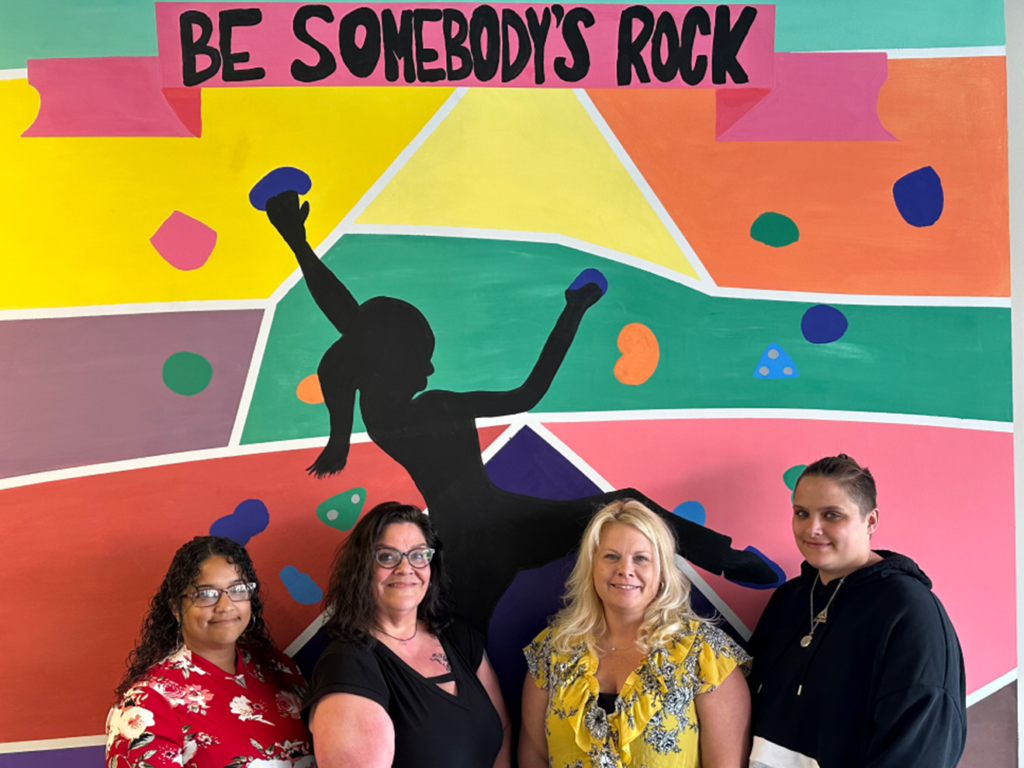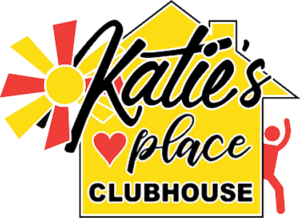The Peers / Decision Support Center (DSC) program is composed of two distinct facets: Personal Medicine and Power Statements.
Warm Line: 866.654.8114 6PM—10PM 7 days a week
Crisis Line: 570.348.6100 24/7/365
What is Personal Medicine?
Personal Medicine is an activity that a person does to obtain wellness rather than something a person takes (pills or other meds) for wellness. In the psychiatric setting, personal medicine is used to decrease symptoms, avoid undesirable outcomes such as hospitalization, and improve mood, thoughts, behaviors and the overall sense of wellbeing. Psychiatric medicine is not the only type of medicine that is important to recovery.
Personal medicine is also vital to Recovery.
PERSONAL MEDICINE EXAMPLES:
- Drawing
- Exercising
- Fishing
- Helping peers
- Journaling
- Laughing
- Listening to music
- Meditating
- Playing with a pet
- Reading
- Singing
- Volunteering
What is a Power Statement?
A Power Statement is a self-advocacy tool for people who use psychiatric medications. It works by connecting the doctor’s medication treatment plan to your recovery goals. Power Statements help you and your doctor collaborate on finding the right medicine, at the right dose to achieve YOUR recovery goals.
POWER STATEMENT EXAMPLE:
John said to his doctor, “Working as a mechanic is very important to me. It makes me happy to fix engines and get paid on Fridays. I want to work with you to find a medication that does not make my hands shake and that helps keep my mind on the engines I’m fixing.”
John’s statement is short, but powerful. By reading it to his doctor, he achieved 3 important objectives:
- John let his doctor know what’s important to him. His doctor sees him as a person with a strong work ethic and not just a diagnosis.
- John clearly identified what he wanted out of his treatment. His doctor understood that John wants to find a medication that will improve his focus and will not have tremors as a side effect; otherwise, the doctor might focus on only reducing the symptoms of his diagnosis.
- John offered to work collaboratively with his doctor. His doctor understood that John wants to help the doctor find the right medication and dosage.
Personal Medicine is something you DO, not TAKE.




